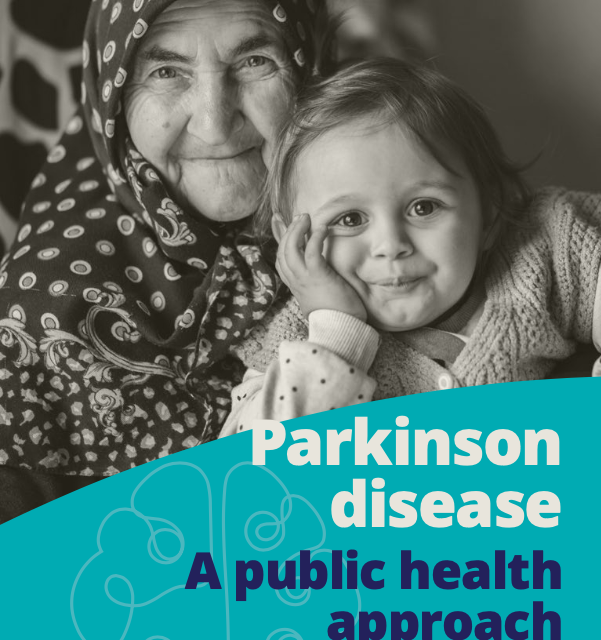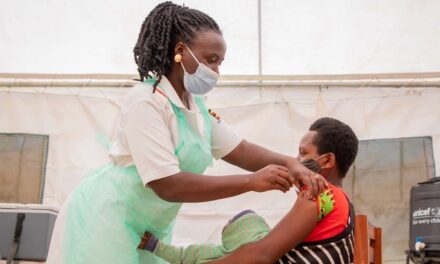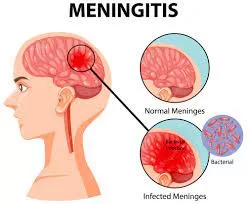Despite the significant impact of PD, there is inequality in the availability of resources and services to provide treatment and care especially in low- and middle-income countries (LMIC). The WHO Neurology Atlas (2017) provides estimates of 0.03 neurologists per 100 000 population in low-income countries and 4.75 per 100 000 population in high-income countries.
In line with the Intersectoral global action plan on epilepsy and other neurological disorders (A75/10 Add.4), a technical brief entitled “Parkinson disease: a public health approach” is published today. The technical brief outlines the global burden, treatment gaps, crucial areas for intervention in PD and several areas for action, including:
• global health policies to implement strategies focused on PD;
• prevention and reduction of risks for PD including education and awareness;
• assured access to treatment and care, including access to, and education of, an interdisciplinary workforce trained in neurological disorders; and
• delivery of services and the management of PD at various levels of health systems.
The technical brief is based on evidence from a WHO-commissioned literature review, consultation with international PD experts and includes consideration for the policy, implementation and research agenda for PD with a focus on LMIC. This brief is targeted to policymakers, health programme managers and planners, health-care providers, researchers, people with PD, carers and other stakeholders.
Download Parkinson disease: a public health approach: technical brief











